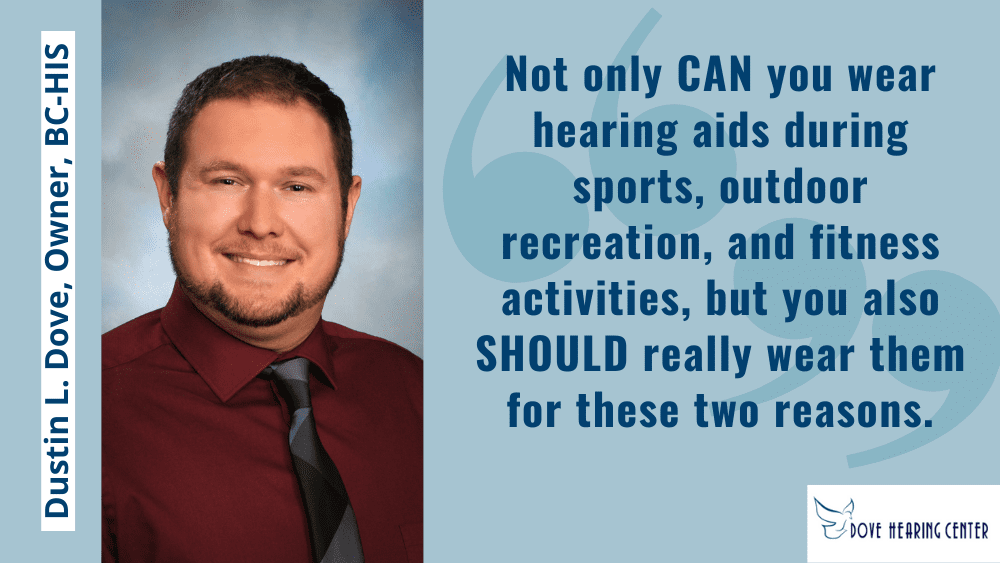Getting help for your hearing challenges with hearing aids allows you the opportunity to enjoy a more rewarding and independent lifestyle.
Because effective communication is crucial to success, hearing aids are also credited with increasing your earning power.
There are numerous other advantages to wearing hearing aids, but just like glasses or dental appliances, there is an adjustment period after you start wearing your device.
We have listed three of the common challenges new hearing aid wearers in our Oregon and Idaho communities face and how to cope with them.
- Hyper Awareness Of Sounds
The rustling of your jacket, footsteps in the hall, the hum of your refrigerator, and silverware clanking are among the sounds you probably didn’t hear before you started wearing your hearing aids.
These sounds as well as the sound of your own voice are unsettling when they’ve been amplified by a hearing instrument.
Because your brain has compensated for these muffled sounds, sudden amplification leads to a shocking, sometimes painful, experience to which you must learn to cope.
As you wear your device for longer periods of time, your brain will adjust to the volume level and these sounds won’t be as intense.
Special Tip: Many new hearing aid users read to themselves out loud to help them get used to the sound of their voice.
- Itching And Muscle Fatigue In And Around Your Ears
Like a new watch or eyeglasses, there can be some skin irritation and/or muscle fatigue associated with wearing your hearing aids early on.
The skin around your ears is not used to the ongoing contact of the device against it, and your device is added weight, which the muscles around your ears are not used to carrying.
Both the irritation and the fatigue will fade as you continue to wear your hearing device.
You can cope with the situation by removing your device and massaging the area around your ears as well as applying topical remedies as recommended by your hearing care provider to overcome the discomfort.
Special Tip: Wear your hearing aids as long as you can cope with them, and then take a break. Build up to wearing them for a longer period of time while decreasing the duration and frequency of the breaks until you can wear them all day.
- Excessive Feedback
That loud whistling sound (feedback) produced by a poorly setup sound system is the same sound you’re apt to hear as you’re getting used to your hearing aids.
This irritating sound is the result of amplified sound from the speaker of your device entering the microphone and being amplified over and over.
The cause of feedback in a new device is usually improper placement of your device or a blocking of the speaker or your ears.
Reinserting your device until it is properly positioned or making sure that you keep up with daily cleaning will help with this issue.
Special Tip: Use a mirror while you are inserting your hearing aids until proper positioning becomes second nature.
Dove Hearing Provides Follow-Up Care for New Hearing Aid Users
Hearing aids don’t just amplify your hearing, but they also amplify your life. However, to enjoy their benefits, you will have to go through an adjustment period.
One of the main benefits of working with our Dove Hearing team in Emmett, ID is the follow-up care we provide to new hearing aid users.
Along with programming adjustments and troubleshooting tips, our hearing care experts are always available with support and encouragement while you adapt to your new device.
Do not hesitate to contact us if you or your loved one is struggling with your new device so we can provide a suitable solution.






0 Comments